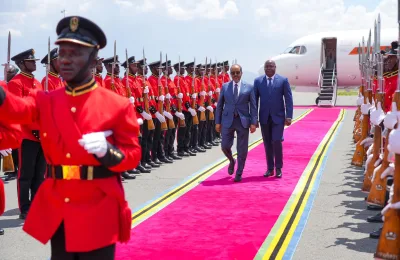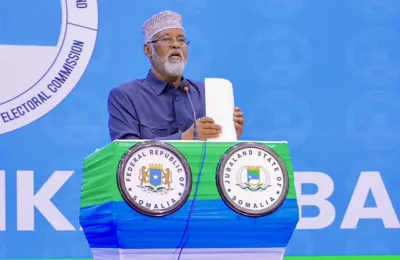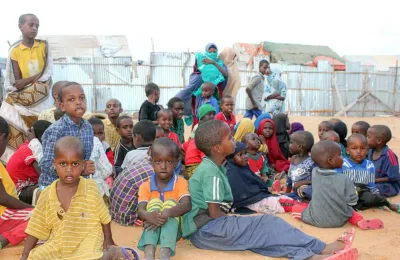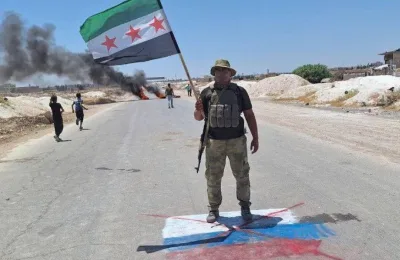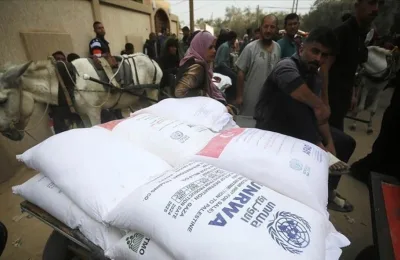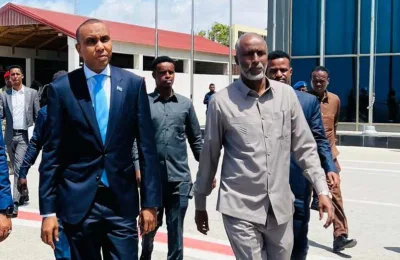Somali and African Union troops are preparing for a fresh assault on Islamist-held ports to end…
 Somali and African Union troops are preparing for a fresh assault on Islamist-held ports to end a multi-million dollar charcoal trade funding militant attacks, the UN envoy said on Friday.
Somali and African Union troops are preparing for a fresh assault on Islamist-held ports to end a multi-million dollar charcoal trade funding militant attacks, the UN envoy said on Friday.
The Al-Qaeda-linked Shebab are still a powerful and dangerous force but have lost a string of towns to the 22,000-strong AU mission in Somalia (AMISOM). The southern port of Barawe is now one of the few major settlements under their control, said UN special representative in Somalia Nick Kay.
“It is very important they are deprived of their towns,” Kay told AFP while visiting the Kenyan capital.
He said the hardline Shebab were still generating at least $25 million (19 million euros) a year from charcoal, which is mainly exported to Gulf nations.
Security sources say the latest offensive is likely to begin early next month.
The Shebab are fighting to topple Somalia’s internationally-backed government, and regularly launch attacks against state targets, as well as in neighbouring countries that contribute to the AU force.
While Kay said he expected the Shebab to abandon the towns they control with little resistance — following a trend of fleeing before AU advances only to return later to stage guerrilla attacks — the fighters remained dangerous.
“Al-Shebab are determined to do everything they can do to undermine peace and state building,” Kay said.
“They have the intent and they still have some capability.”
Shebab fighters continue to launch attacks even in the heart of Mogadishu, including recent brazen commando raids on the presidential palace and parliament.
The United Nations has also warned that Somalia is sliding back into an acute hunger crisis, with more than 350,000 people in Mogadishu in need of food aid and parts of the city facing emergency levels just short of famine.
Somalia’s government, selected in a UN-backed process in 2012, was widely hailed as offering the best chance in decades to repair the war-ravaged country.
But the return of extreme hunger, accusations of corruption and continued Shebab attacks in even the most heavily defended zones have cast a shadow over the government’s record.


